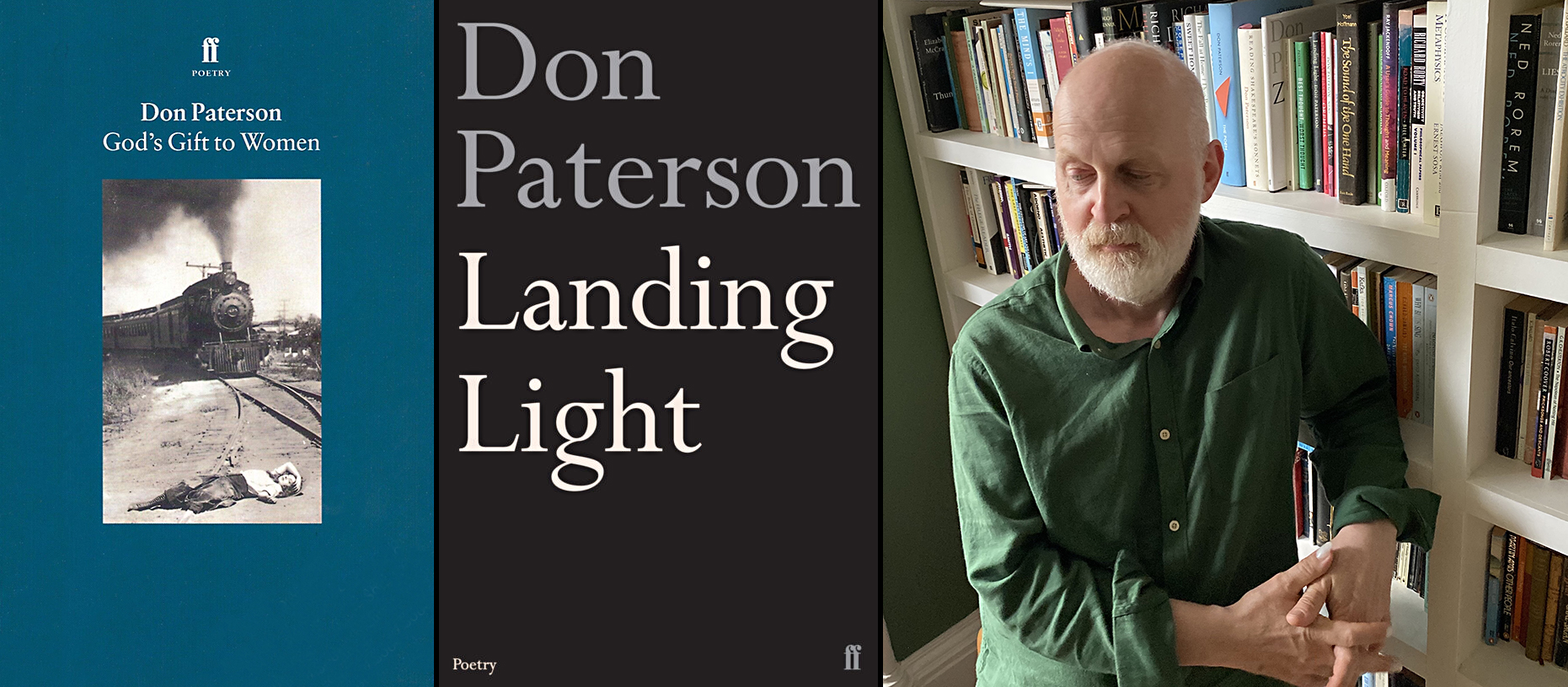
Don Paterson is the only poet to have won the T. S. Eliot Prize twice: in 1997 for God’s Gift to Women and in 2003 for Landing Light (both published by Faber & Faber). In commending Landing Light, Chair of judges George Szirtes said: ‘[Don Paterson] offers what Eliot demanded: complexity and intensity of emotion, an intuitive understanding of tradition and what it makes possible, and, at the same time, a freshness that is like clear spring water. His work is superbly authoritative, deeply felt, playful and properly ambitious.’
We asked Don to reflect on his experience as an Eliot Prize winner. He wrote:
Don Paterson was born in Dundee in 1963. As well as the T. S. Eliot Prize, his poetry has won many awards, including the Whitbread Poetry Prize, the Geoffrey Faber Memorial Prize, the Costa Poetry Award and all three Forward Prizes. He was awarded the Queen’s Gold Medal for Poetry in 2009. He is Professor of Poetry at the University of St Andrews and, for over twenty-five years, was Poetry Editor at Picador. He also works as a jazz musician.
ABOUT THE T. S. ELIOT PRIZE
The T. S. Eliot Prize celebrates its 30th anniversary in 2023. Awarded annually to the best new poetry collection published in the UK and Ireland, the Prize was founded by the Poetry Book Society in 1993 to celebrate the PBS’s 40th birthday and to honour its founding poet. It has been run by The T. S. Eliot Foundation since 2016. For more on the history of the Prize, visit tseliot.com/prize
The judges of the T. S. Eliot Prize 2023 are Paul Muldoon (Chair), Sasha Dugdale and Denise Saul. The 2023 shortlist will be announced in September and the Shortlist Readings will be held on 14 January 2024 at the Southbank Centre’s Royal Festival Hall; tickets will go on sale later this year. The winner of the 2023 Prize will be announced at the Award Ceremony on 15 January 2024.
Sign up to the T. S. Eliot Prize e-newsletter for regular updates about the award. It includes poems and specially commissioned video readings by our shortlisted poets, plus interviews, biographical information, reviews, Readers’ Notes, and news and offers from across the poetry world.


